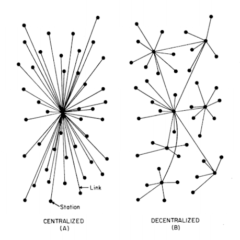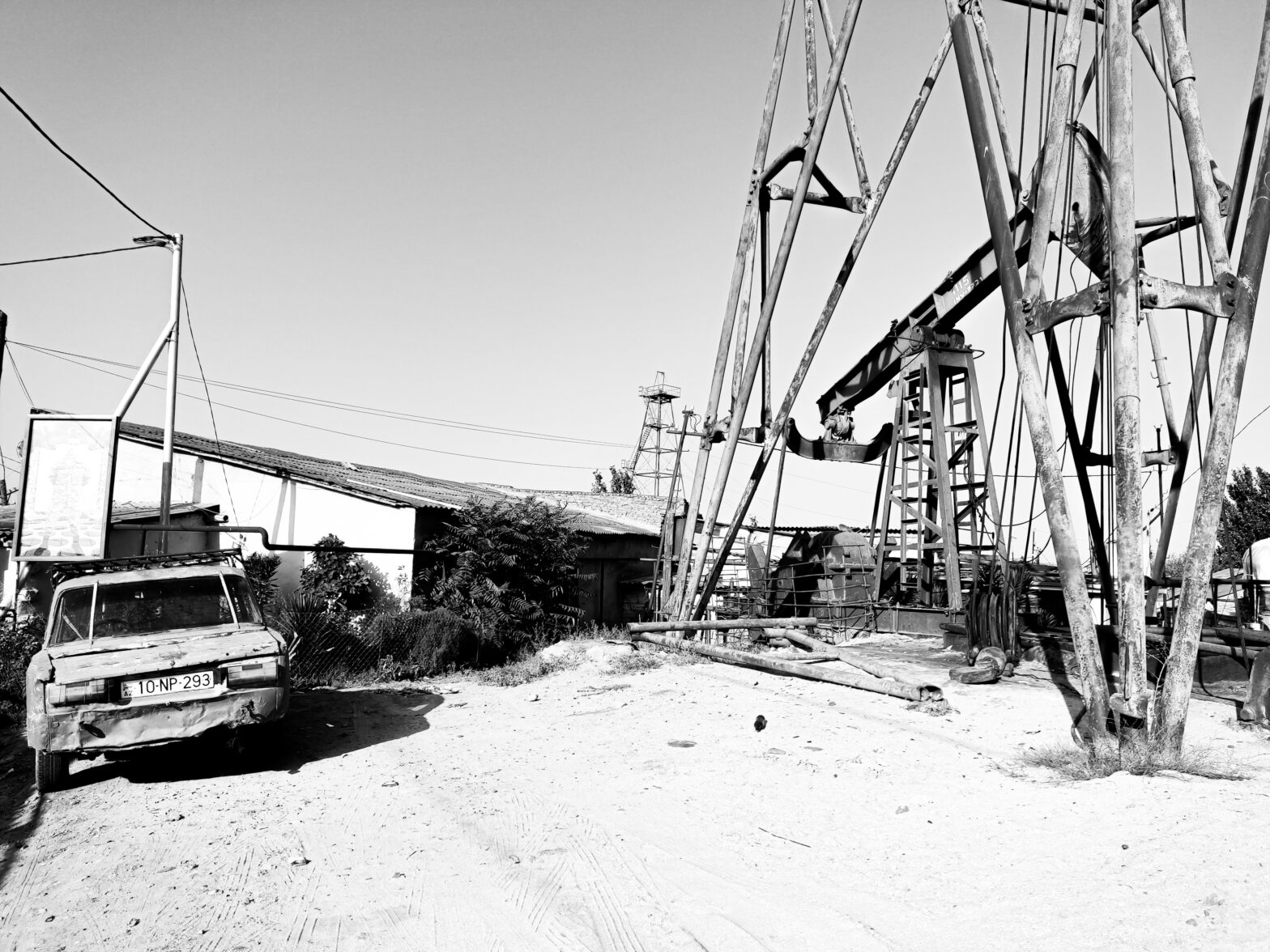Cover photo: a Soviet-Era Lada next to a complex of oil rigs. Ⓒ Oliver Banks, 2022.
The West is searching for an alternative to Russian oil. Azerbaijan, not Kazakhstan, will provide the solution.
From September, oil will be transported from Kazakhstan to the West via Azerbaijan’s largest oil pipeline, circumventing Russia. Although the proposed volume is a trickle compared to total oil trade with Europe at just 30,000 barrels per day, it marks the real beginnings of a major geopolitical shift away from Russia. Despite sanctions and denunciations of the Moscow government, European capitals, in particular that of Britain, have been warmer to Russians behind close to doors than in public. Westminster has long pursued a policy of favourable tax laws and regulations to attract oligarchs and petit-oligarchs, supporting the Central London property market and some of the highest-fee and most prestigious law firms.
Germany has similarly swept its Moscovian connections under the rug, beatifying the construction of a vast gas and oil pipeline network across the Eastern board of Europe in order to quench the Occident’s unceasing thirst. Every day 2.2 million barrels of crude are sent to the EU, with a further 1.2 million of things like diesel and petrol. That’s a swimming pool of oil every single minute; for the last twenty years.
The new bilateral agreement is just one of several steps being taken to remove Russian influence on Brussels decisionmaking in light of the ongoing war. Towns like Novorossiysk, a Russian-owned port close to Crimea, are often the only gateway through which Central Asian oil is able to access international markets.
After the February outbreak of the war, officials from Europe and the Biden administration scoured the globe for alternatives to Russian dependency, willing to make other compromises in order to resolve the issue. Venezuela, for instance, was billed as a major candidate for cooperation, despite the fact that just a couple of years earlier the US had backed a civil coup against Maduro’s ruling government.
Meanwhile, proposals like the Trans-Caucasian Pipeline which had been put on ice have been quickly revived. The new route would connect Turkmenistan to Azerbaijan and therefore to the European energy network via Turkey. But Turkmenistan has remained an autocratic state since its birth in 1991, and is sometimes labelled by commentators the North Korea of Europe. Its main selling point is that it simply avoids even bigger public enemies, like Iran and Russia. Perhaps part of the interest in Turkmenistan and Venezuela is that despite their political recidivism they rarely meddle in international politics.
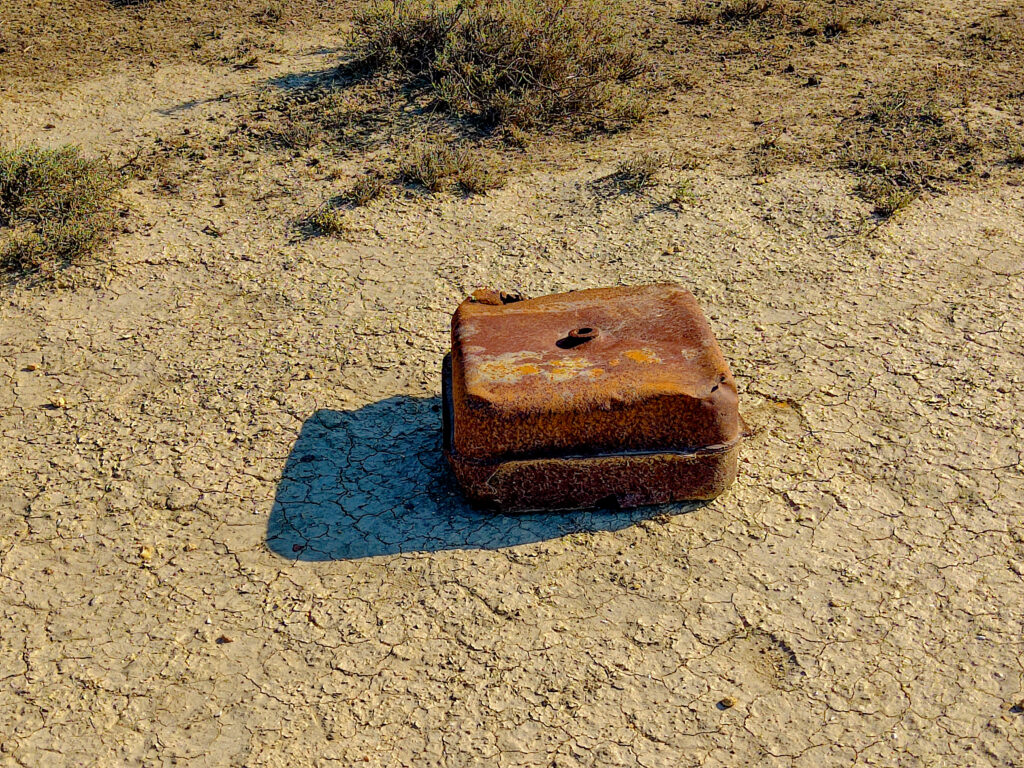
There is little hope in support from the more friendly Gulf states, which are pumping oil at close to maximums and have fast dwindling reserves. Oil-producing states across Saharan and Sub-Saharan Africa export very little compared to Russia. And yet Europe has somehow got itself into a situation in which it has financed the military ebullience of one of its greatest rivals. Russia’s economy is energy-based, and 65% of its energy exports are to Europe.
Outside of oil and gas, and the Western counties which have indirectly benefitted most from it, the Russian Federation is a place in which medieval wells are still used to collect water in the provinces and GDP per capita is beginning to lag behind its Asian rivals.
Azerbaijan, on the other hand, has always entertained warm relations with the UK in contrast to other Caucasian states, thanks partly to the presence of BP in the Caspian. It looks like those relations are going to heat up rapidly. Azerbaijan has its fair share of political issues, but its moderate level of economic development and long history of agreements with the West make it an ideal candidate for Ukraine-motivated exploration and drilling.
Questions about Nagorno-Karabakh remain, a battle-scarred middle region which both Armenia and Azerbaijan claim. However, the paucity of Western intervention over its 2020 recapture by Azerbaijan from de facto Armenian control is telling. US President Joe Biden has recently aired the idea of restarting the Minsk group, an OSCE body formed in 1992 to deal with the crisis over Nagorno-Karabahkian ownership. The declaration caused furore among Azerbaijani ministers, particularly due to historical allegations that the tilt of the group toward nations such as the US and France with large Armenian diasporas prevented neutral arbitrage. But with Russia more closely aligned with Yerevan, having intervened in 2020 during the Second Nagorno-Karabakh war, NATO countries ultimately have an easy choice if made to take sides. Materiel supplies from NATO member Turkey were integral to Baku’s attritional victory in the region, for example, and unlike neighboring Georgia, Azerbaijan is not under the military thumb of Moscow.
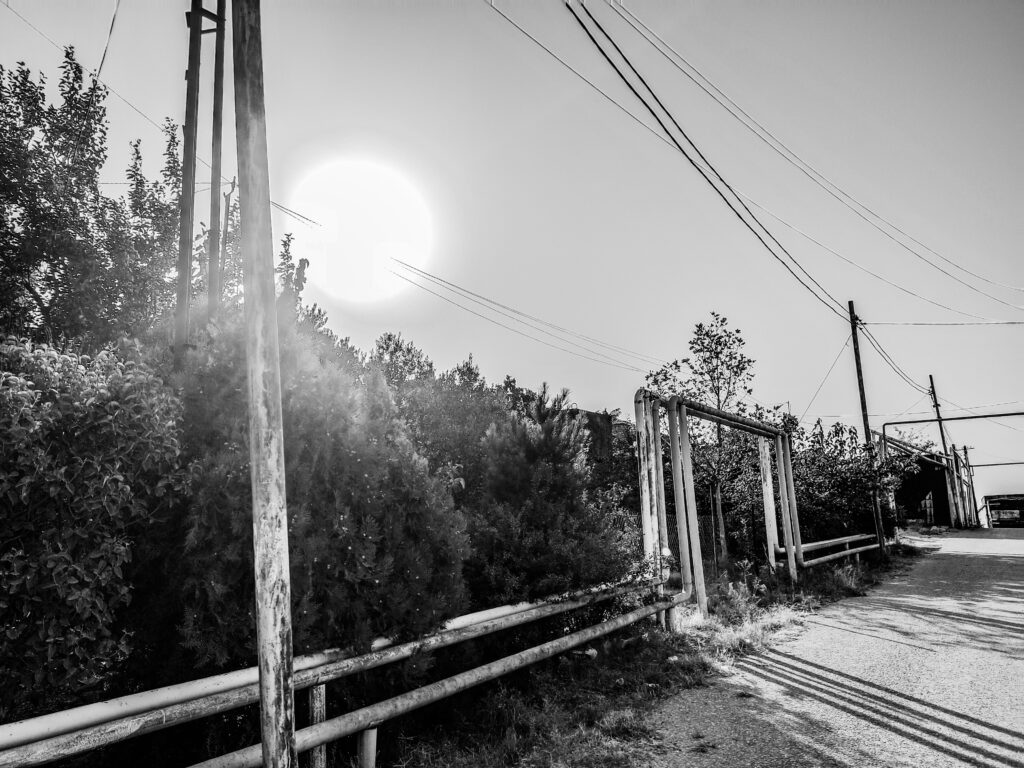
Kazakhstan, meanwhile, retains closer ties with Russia. During the Soviet era Kazakh was banned from schools, meaning that some citizens today have forgotten their own language. The preponderance of Russian means that Russian tourists come to Kazakhstan, and Kazakh students study in Russia.
Beyond this, Russian entrepreneurs provide capital for Kazakh markets and strategic interests ensure periodic military cooperation. Kazakhstan is beginning to cultivate its independence, and not just through the aforementioned September pipeline deal. The nation is also undergoing a transition from a Russian alphabet to a European one. The move is a curtsy to the future prospects of the West, given that the presidency in Nur-Sultan chose not to revive the Arabic script in which Kazakh was originally written.
Few nations will retain warmness toward Russia in 2022 except out of necessity. The European Economic Area has led the charge in terms of condemnation, and as the largest economic bloc in the world, they have the power to sway the minds of all but China. Far too much of Asia is reliant on Russian oil imports for Moscow’s pariah status to have a deleterious impact – it is the same situation we saw with Iran, where global sanctions and boycotts failed to stop the flow of crude to middle-income nations. When people can’t afford to get to work, or to heat their houses, politics becomes a matter of national security rather than pretence. No politician would sacrifice the stability of the regime for the momentary favour of the West; but this is increasingly what occidental calls to shun Russian energy sound like.
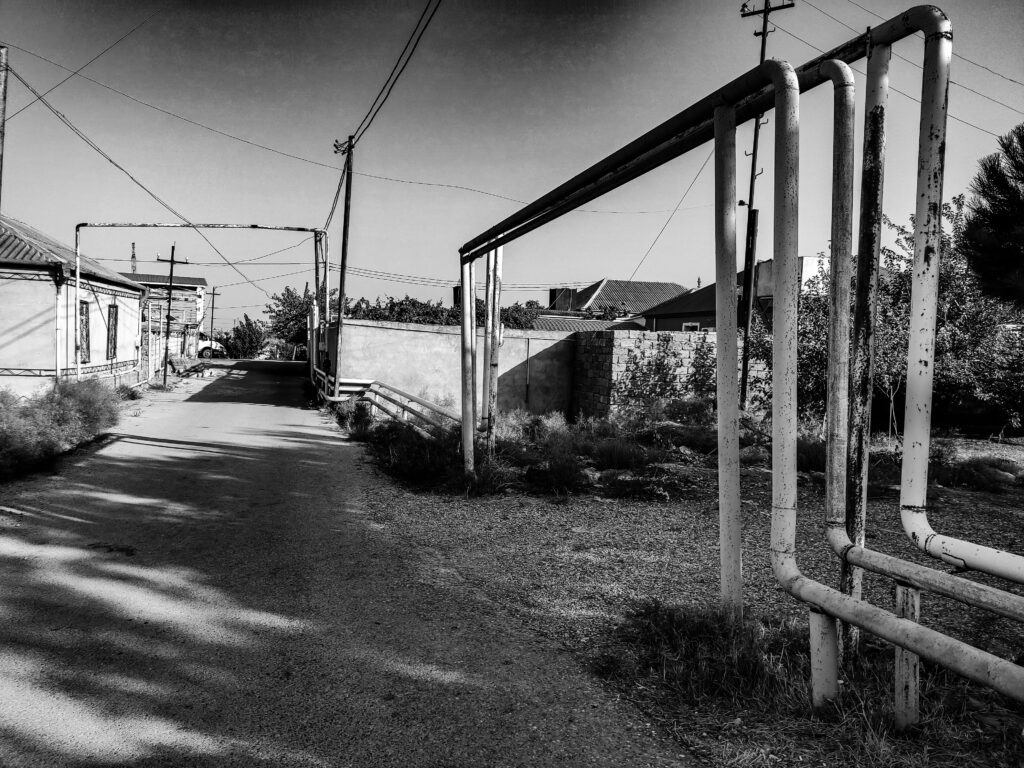
In the end, as ever, the energy paradigm will be shaped by pragmatics more fundamentally than choice. New allies may emerge across the Global South. Old friends might be lost too. But it is clear that the steps being taken at the moment, by Kazakhstan and the US government, are woefully insufficient. Developing infrastructure is hard, even when the process is expedited. Even more difficult is the technological development that would be needed to wean the West off its opium. But the distant calls of autarky and energy protectionism are now heard in the halls of power. I only hope someone answers them.
On a personal note
As someone with career experience in the sustainable energy sector, I have a significant interest in the future prospects of oil dependency. There is more to be written about the effects of this situation on the zeitgeist of fossil fuels. But I will save it for another post!
